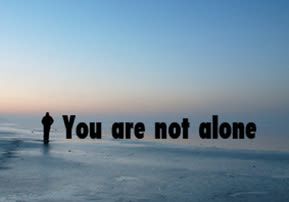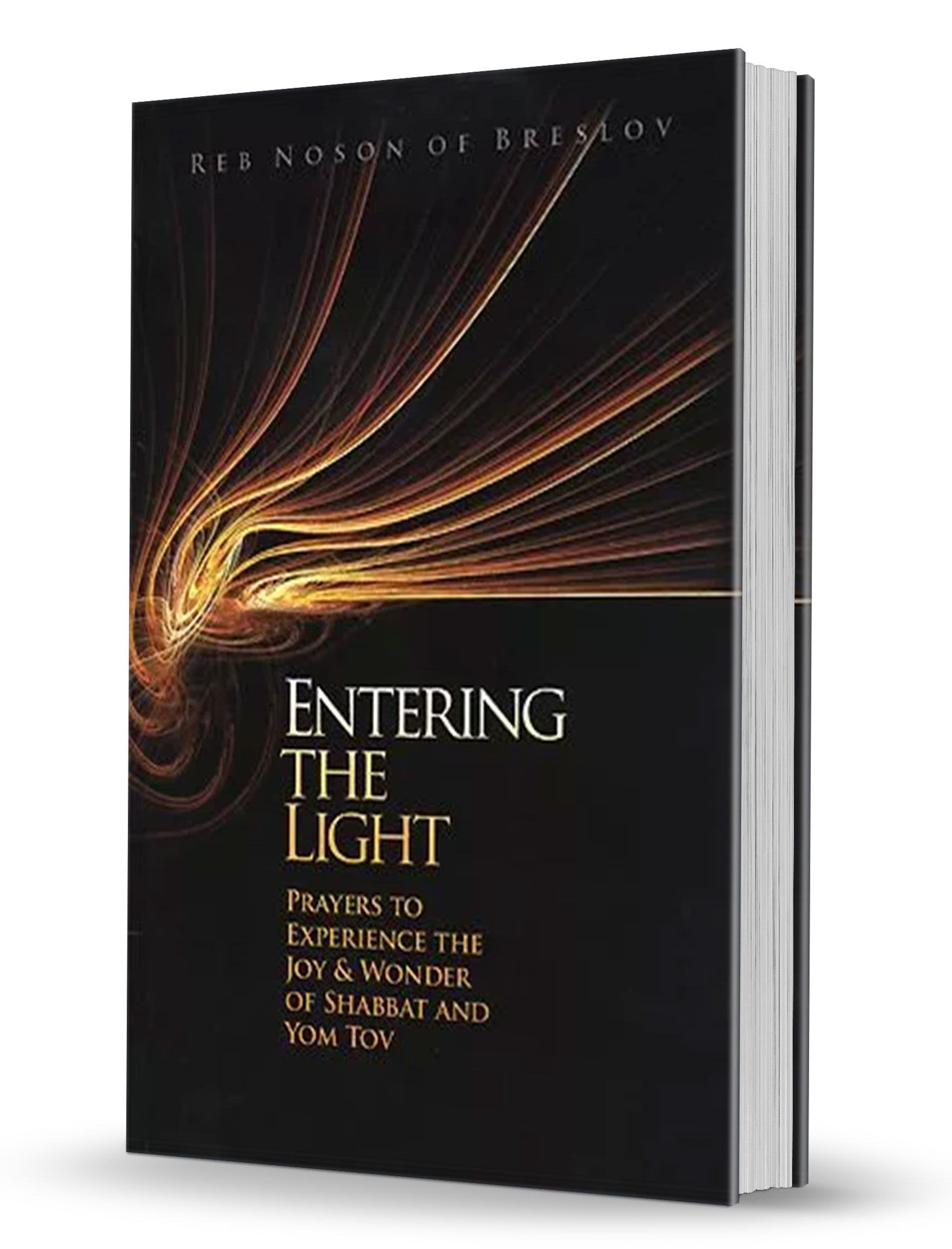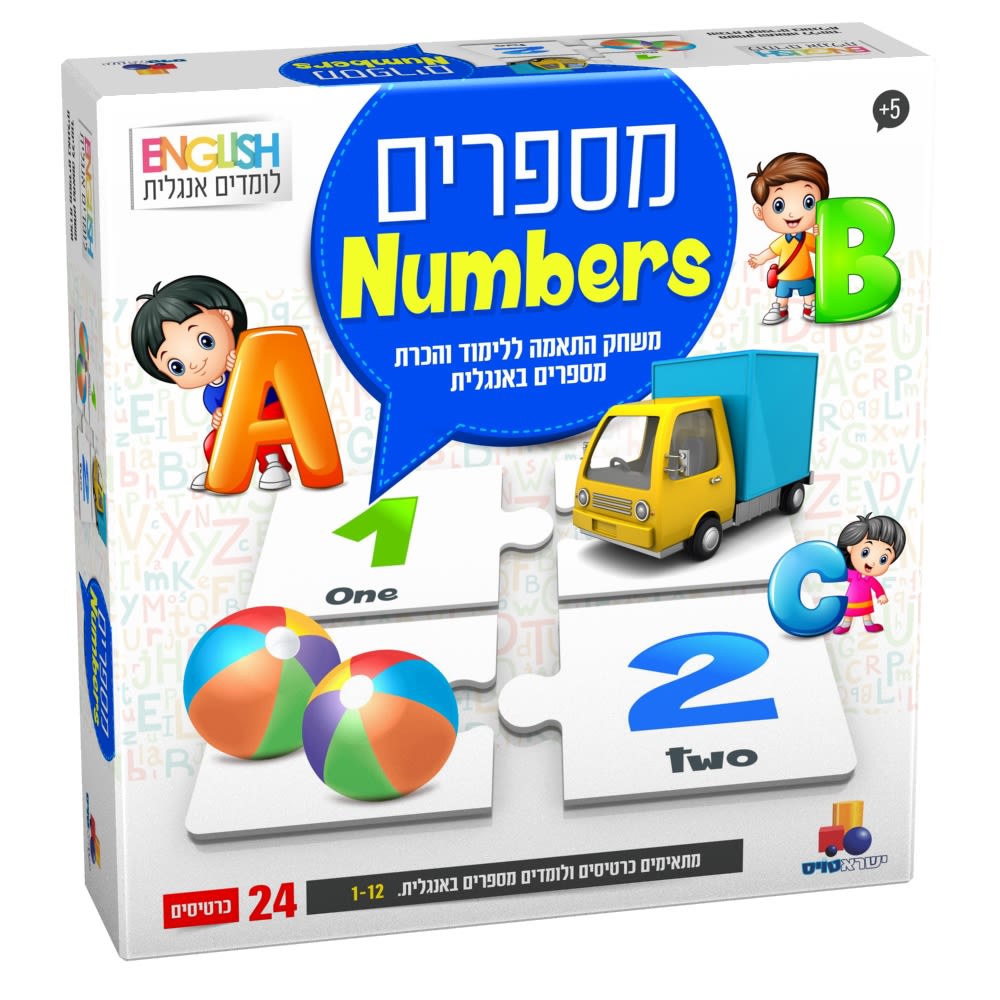
You are not Alone
When you first start the practice of hitbodedut, it can often feel as though you are the only person in the world taking the time out of your busy day to actually talk to G-d.

At the beginning of the process of developing emuna, and talking to Hashem, it can often feel as though you are the only person in the world taking the time out of your busy, stressed day to actually talk to G-d. You are the only person in the world that knows – or cares – about developing a connection to Hashem.
‘Everyone else’ appears to be doing just fine without all that time, effort and often, frustration. ‘Everyone else’ doesn’t seem to need to spend hours every week talking to Hashem; they look so happy and contented, don’t they? They look as if they haven’t got a care in the world – and then your yetzer hara asks you: ‘so why are you so different? If ‘everyone else’ can get along fine without talking to Hashem every day, why are you struggling to do it? It’s hard. It’s frustrating. Often, you have nothing to talk about, and you sit there like an idiot, desperate for even one word to come out. What’s the point? Who are you kidding, that sitting there speechless, bored, frustrated or desperate is going to build a connection to Hashem?”
At the beginning of the hitbodedut/emuna process, it’s a very cogent argument. Making the commitment to do hitbodedut for an hour every single day is not an easy thing.
When I started off, there were days and days where I couldn’t manage more than a few minutes, and I had to be doing something else while I talked to Hashem, like washing up, tidying up, cooking something, to take my mind off the tremendous effort involved in even wanting to speak to G-d.
The only times the words flowed at the beginning is when I was so miserable and so depressed, faced with yet another insurmountable problem, that I didn’t know what to do with myself.
Then I would run off to Kever Rochel, or run off to the Kotel, and really talk to Hashem. If I didn’t, I’d sit at home and break one pencil after another – I was feeling so knotted, frustrated, confused, lost inside.
But gradually, over time, the words came easier and easier. It helped when I read ‘In Forest Fields’, a guide to hitbodedut, which explained that even just making the effort to talk to Hashem counted for a lot – even if not a single word came out.
So that was one ‘weapon’ against the yetzer hara. Hashem gave me the words and Hashem gave me the silence in hitbodedut. My job wasn’t to ‘talk’. My job was just to keep my daily appointment with The Almighty.
It also helped to learn that simple was good; repeating things over and over again in hitbodedut was great. I didn’t need to try and formulate things in a different way, or try to use different arguments. Saying: “Hashem, please give me emuna, and bitachon and help me to be happy with my lot” fifty times over was just what was required.
With these pressures off, hitbodedut started to get easier and easier.
Another tremendous weapon against the yetzer hara is when Hashem, in His kindness, showed me that prayer worked. It worked to get my kids calmed down and off to school in the mornings (without me saying a word to them). It worked to find us a house. It worked to help me to start feeling happy. It worked to pay down our debts. It worked.
Then I hit a tough patch, because apparently, it didn’t work for everything. I did six hours, twice, asking for Hashem to bless us with more children. Nada. I did 90 days of half an hour a day, asking Hashem to bless us with more children. Nada.
At the end of all that praying, I started to doubt the power of hitbodedut. I have two children already, so I wasn’t asking for an ‘outright’ miracle – although of course, every child is.
For a while, I lost heart about my hitbodedut. I still did an hour a day, every day, but I stopped believing that my prayers could really make a tangible difference; perhaps, it really only worked for ‘spiritual’ things. So instead, I just concentrated on thanking Hashem for all the tremendous blessings He’d already given me, and asking Him to make me happy with my lot, whatever He decided it should be.
Then I read the chapter in ‘Womens’ Wisdom’, the new book by Rav Arush on infertility. There, Rav Arush made it clear that child birth is such a cosmically important, deep thing, with so many different considerations and facets, that it was in a category all by itself. Prayer would help – it always helps – but 10 minutes a day would suffice. And then the couple needed to be happy, and to go on with their lives in the knowledge that Hashem would grant them a child, but only if it was part of His cosmic plan. And if it wasn’t, no prayer in the world could change it.
That helped me so much. I’ve seen prayer work so many times, for so many things, but my yetzer kept throwing the ‘babies’ thing in my face. “If prayer really works, why haven’t you had any more children?” And I wouldn’t know how to answer it. Now, I did. I was back on track, thank G-d, and back into the hitbodedut swing of things. Prayer worked!
A little while ago, I came upon a book in English called ‘You are the heart of the world’ by a Breslev writer called Erez Moshe Doron. The book is a collection of people’s feelings about, thoughts on and experiences with, hitbodedut. The book blew me away.
Here were a hundred stories – a hundred people – all doing hitbodedut! All struggling with the same things I’d struggled with, on my journey to try to get close to Hashem. A hundred people, all bringing their pain, their confusion, their joy, their hopes, to share with Hashem. A hundred different people also begging Hashem to redeem Am Yisrael, and bring us the Geula, and to reveal His light in the world.

When I finished the book, I realised that if there were a hundred stories in that one book alone, there had to be thousands of people in the world who were actually doing hitbodedut on a regular basis. The lights went on, and I felt like singing and dancing for joy: I wasn’t alone!
And neither are you.











Tell us what you think!
Thank you for your comment!
It will be published after approval by the Editor.